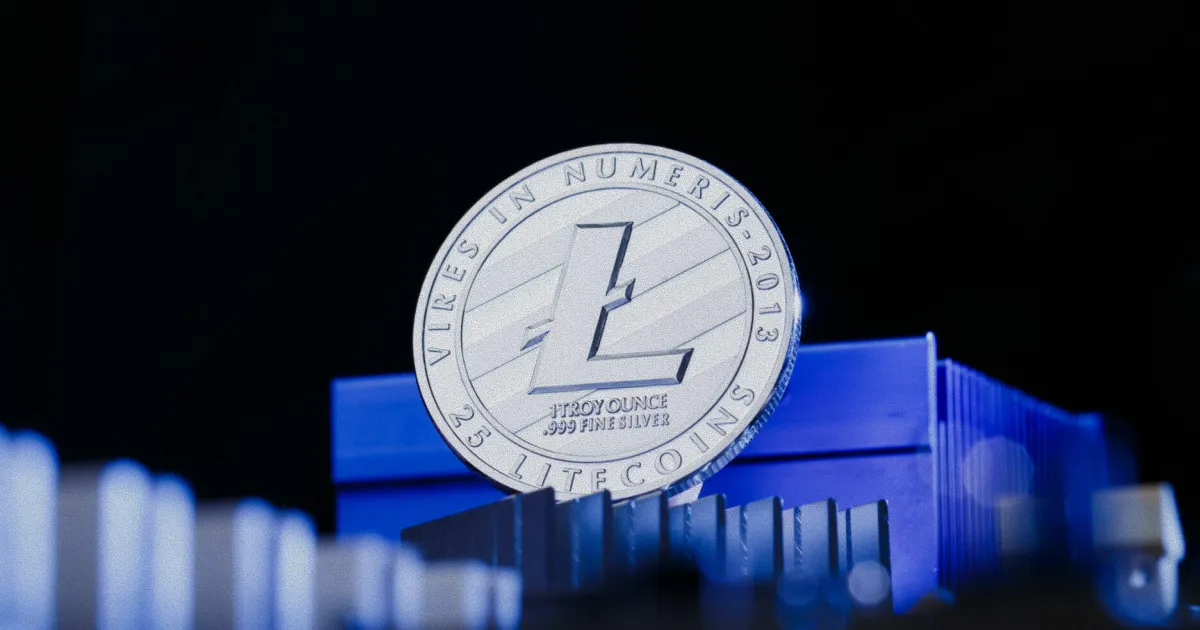In a significant move poised to redefine digital asset privacy, the Litecoin Foundation and AmericanFortress have partnered to introduce a new Litecoin-native wallet, engineered with user privacy as its foundational principle. This exclusive development signals a robust commitment to enhancing transactional anonymity within the cryptocurrency ecosystem, setting a new benchmark for secure digital interactions.
Scheduled for a beta release this September, the AmericanFortress Litecoin Wallet aims to integrate staking capabilities and leverage emerging Layer 2 solutions, while intrinsically establishing privacy as the default operational setting. This strategic design counters the prevalent practice where privacy features are often cumbersome add-ons, instead offering a seamless, secure user experience from the outset.
Central to the wallet’s advanced privacy architecture is its integration with Litecoin’s MimbleWimble Extension Blocks (MWEB). This Layer 2 protocol is crucial for enabling private transactions, obscuring sender and receiver details, and transaction amounts from public view. Complementing this, the wallet employs sophisticated C-filters, an innovative mechanism designed to mitigate IP-to-wallet deanonymization risks when connecting to public network servers, thereby providing an additional layer of user protection.
David Schwartz, Project Director at the Litecoin Foundation, emphasized the profound implications of this launch. “This is a milestone for privacy infrastructure, not just for Litecoin, but for the entire crypto ecosystem,” Schwartz stated. He elaborated that the synergy of MWEB with AmericanFortress’s proprietary FortressNames™ and advanced c-filtering promises “a user experience that feels like the most intuitive traditional finance apps, but without sacrificing privacy at any layer.”
Mehow Pospieszalski, CEO of AmericanFortress, underscored the deliberate design philosophy. “This wallet is portable, future-proof, and Litecoin-only by design,” Pospieszalski asserted, highlighting the intentional focus on Litecoin’s native strengths. He further explained that the wallet is “optimised for everything the ecosystem is building — from Layer 2s to ordinals — and it delivers bulletproof privacy without compromising on speed, usability, or interoperability.”
While the Litecoin network is not primarily engineered for DeFi, currently holding a modest total value locked of $2,66 million, its enduring popularity among users stems from its unwavering commitment to decentralization and privacy within a proof-of-work framework. This new privacy-centric wallet could significantly bolster its appeal to a broader segment of the crypto community, particularly those prioritizing transactional confidentiality in an increasingly scrutinized digital landscape.




